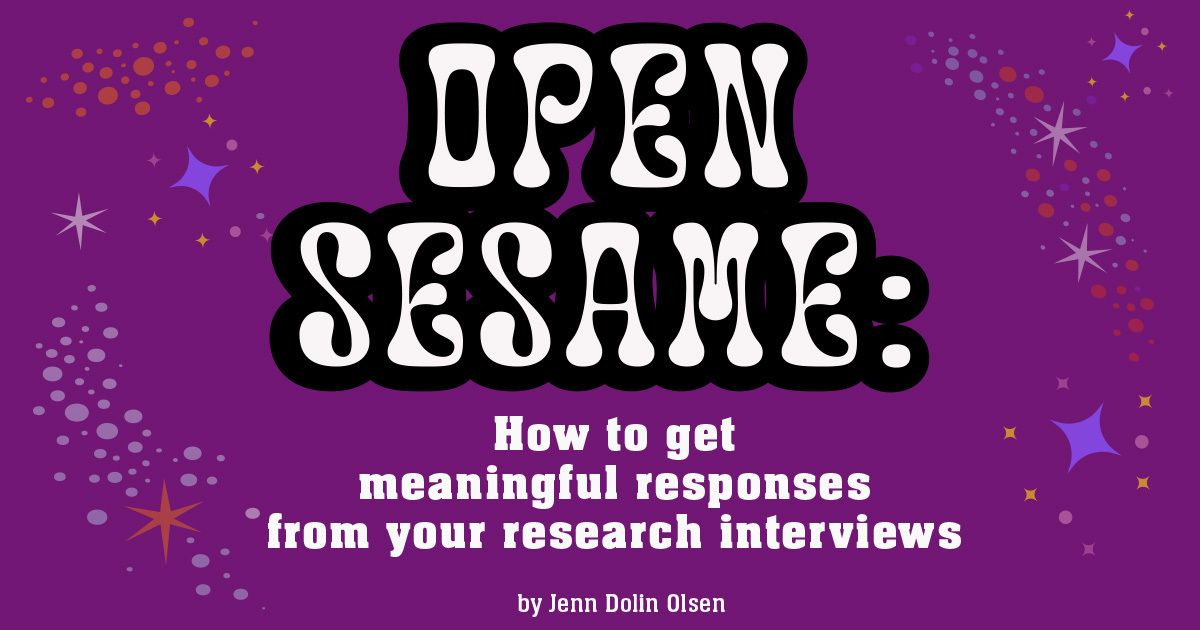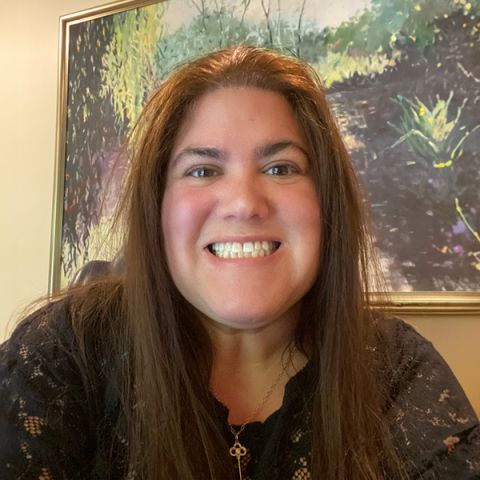Call me old fashioned, but I still make my teenage kids go around the table at dinnertime and discuss something new and interesting they learned at school that day. This exercise might force them to return to the chaos of their jam-packed day, but it also sparks meaningful conversation among our family. We connect through laughter and sometimes have heated conversations about controversial topics–but I always look forward to what will transpire at our dinner table.
To be honest, it wasn't always this easy to wring their loaded brains of information and get them to stop and reflect. I had to be strategic. I had to be creative. And I had to be non-threatening. Just like when I write surveys, conduct focus groups, or have one-on-one interviews with research participants, I use the strategies for these family discussions I use with my respondents to get them to answer open-ended questions candidly and thoroughly.
It’s easy for my respondents to respond to open-ended questions with yes or no answers, but that doesn’t give me much valuable and insightful information. To avoid this, I carefully plan:
-
What to ask
-
How to ask it
-
When to ask it
This helps me to gather a breadth of knowledge that will illuminate my data. The type, manner, and timing of my questions not only helps me achieve better answers, it helps build stronger relationships with my respondents.
Here are some tips on asking open-ended questions successfully, so you can learn the most from your respondents:
-
Establish the purpose of your questions and what you want to know.
-
Make sure your questions aren’t close-ended and if they are, follow up with an open-ended question.
-
Avoid predetermined responses and give respondents space (literally and figuratively) to open up by keeping your questions broad.
-
Always add an “anything else?” space at the end of your survey, focus group, or in-depth interview. This allows for additional comments and insights you may have missed, or your respondents didn’t think of in the moment.
To return to my personal example, instead of: “How was school today? How was lunch? How was field hockey?” I now ask: “What was the funniest thing that happened to you today? What did you talk about in Government? Did anything you learn today surprise you?”. I may get an eye roll but I know I am empowering my kids to express themselves and open up.
Looking to develop surveys, focus groups, or in-depth interviews? LMD can help!
In her role as Senior Market Research Analyst, Jenn Dolin Olsen supports LMD by gathering, organizing, analyzing, interpreting, and reporting market-related information for client research projects. She also creates, implements, and analyzes surveys and conducts secondary research to identify and evaluate competitors, market trends, and market conditions or changes in the industry that may affect our clients’ businesses and strategic goals, and/or provide opportunities for ventures into new markets.
Dolin Olsen has been trained by The Burke Institute to moderate, manage and analyze focus group and in-depth interview sessions. She has a B.S. in The College for Human Development and Psychology from Syracuse University and an MBA and MNO (Masters of Nonprofit Organizations) from Case Western Reserve University.

